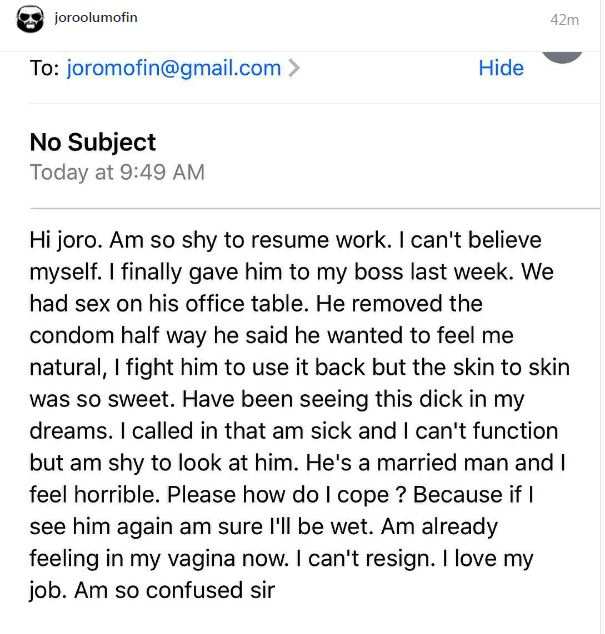
Thinking about making a career change? You're not the only one. A study by Glassdoor revealed that around half of U.S. workers are considering it, and nearly 6 in 10 are already on the hunt for something new.
Making a smart career move takes more than just a hunch. It calls for honest reflection, focused thinking, and a little planning. When work gets hard or something shiny pops up, it's easy to feel tempted to jump ship. But how do you know if a career change is really the right call, or just a distraction? Start by asking yourself these five questions.
Am I Happy With My Current Career?
Pause and look at what you're doing now. Is your current role taking you in a direction you're actually interested in? If you're even considering a career change, the answer is probably no, which is something worth looking into.
Let's be real: work isn't always rainbows and perfectly brewed coffee. But considering we spend about 90,000 hours (yep, about a third of our lives) at work, it better count for something. That's exactly why your job should make you happy. You deserve to feel respected, challenged, and paid fairly. If those things are consistently missing, it might be time to consider a change.
That said, if you're generally happy with your job, and while not every single day is perfect, you feel engaged and valued most of the time, it might be worth sticking around. Job satisfaction can't be bought, and more money won't magically make you enjoy a job you already can't stand.
What Do I Not Want In My Next Role?
Sometimes, it helps to start with what you don't want. Think back to the roles, tasks, or work environments that left you feeling tired or uninspired. Knowing your deal-breakers can help you narrow things down when exploring your next move.
Your career affects more than your schedule. It touches your physical, mental, and emotional health, too. When you're in the wrong role, it takes a toll. According to a 2022 Gallup poll, 19% of employees are miserable at work, and 60% feel emotionally detached. It's easy to settle into a job that isn't right for you without realizing it.
So take a moment to be honest with yourself. If you're thinking about a career change, dig into what didn't feel right in your last role or industry. Was it the type of work you were doing, the pace, the values, or how success was defined? The clearer you are about what to avoid, the easier it becomes to move toward something better.
What Do I Actually Want To Do?
Now's the time to look around. What industries or roles naturally draw your attention? What kind of work feels aligned with your values or just sparks your curiosity? Follow that interest.
If it's not just your job but the nature of the work itself that feels draining, then the question runs deeper: What sort of work feels meaningful to you? And how close are you to that right now? Consider your life goals, because changing careers often comes with a shift in lifestyle too: how you spend your time, who you surround yourself with, what types of problems you want to solve, and what kind of workday actually feels meaningful to you.
Friends, family, and coworkers will likely have opinions. And while it's fine to listen, remember that no one knows what feels right for you better than you do. Once you're clear on what you're good at and what areas you'd like to grow in, the next step becomes a lot easier to figure out.
What Past Skills, Experiences, Or Projects Have I Genuinely Enjoyed?
Think back on your work. Jot down the moments that made you feel proud, energized, or even just genuinely satisfied. What were you doing, and why did it feel meaningful? These moments reveal the kind of work that feels rewarding, the skills you enjoy using, and the values that matter to you. They also point to the environments where you thrive: whether that's fast-paced, collaborative, creative, or something else entirely.
Your career interests go beyond just tasks. They also cover how you like to work, who you work with, and what type of challenges keep you engaged. When you understand these preferences, it's easier to make clear, confident decisions about your next move. And since interests shift over time, it's a good idea to check in with yourself regularly. You might rediscover something you've been putting off or uncover a direction you hadn't considered before.
Who Can I Talk To For Support And Insight?
You don't have to figure this out alone. Start reaching out to people in roles that interest you. Ask what their day-to-day looks like, what they enjoy most, what's challenging, and what advice they'd give to someone exploring a similar path.
Having someone to lean on makes a career change feel a lot less overwhelming. Whether you're sharing ideas, facing fears, or learning what's possible, connection plays a big role in moving forward.
There will be moments when doubt creeps in. That's normal. But having a support system can make all the difference. It could be a trusted colleague, a mentor, a friend, or someone new you meet along the way. Most likely, someone in your circle is ready to help-you just need to ask.
Remember: finding the right path isn't about chasing the "perfect" job. It's about building a career that reflects your strengths, values, and the kind of life you want to lead. Keep checking in with yourself, stay curious, and don't be afraid to pivot. You've got this!















Comments